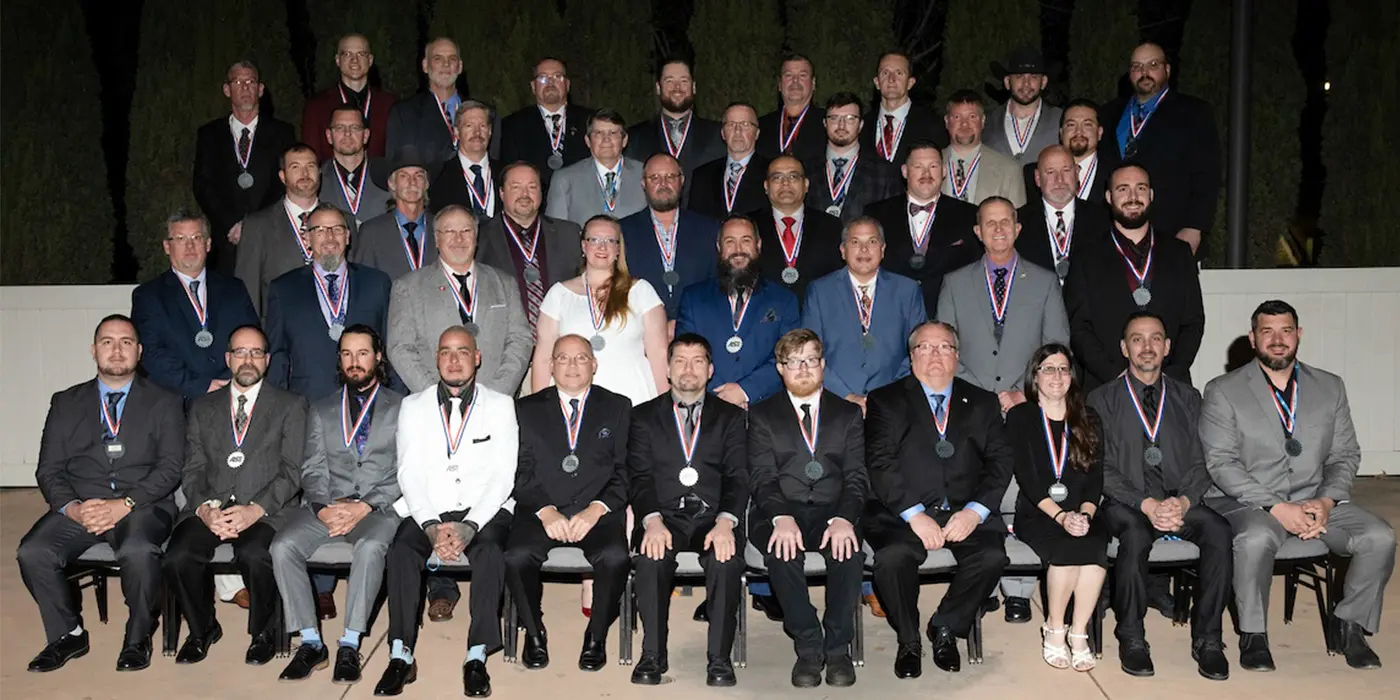 The Fair Labor Standards Act and State Wage and Hour laws regulate things such as overtime pay, minimum wage, record-keeping and more for virtually every employer, regardless of size or sector. Violations of federal and state Wage and Hour regulations can completely shut a business down, particularly a small business, because the costs associated with wage and hour claims are staggering. Under a wage and hour claim, the company is responsible for paying unpaid wages, legal fees and interest, which can add up quickly. A small business in Charlotte, N.C., recently paid out over $100,000 in a wage and hour claim, and it caused the company to completely shut down an entire division of their company. Because of the payout, they went from 30-plus employees down to five and are cash strapped.
The Fair Labor Standards Act and State Wage and Hour laws regulate things such as overtime pay, minimum wage, record-keeping and more for virtually every employer, regardless of size or sector. Violations of federal and state Wage and Hour regulations can completely shut a business down, particularly a small business, because the costs associated with wage and hour claims are staggering. Under a wage and hour claim, the company is responsible for paying unpaid wages, legal fees and interest, which can add up quickly. A small business in Charlotte, N.C., recently paid out over $100,000 in a wage and hour claim, and it caused the company to completely shut down an entire division of their company. Because of the payout, they went from 30-plus employees down to five and are cash strapped.
To mitigate the risk of a costly wage and hour claim, avoid these five common mistakes that small businesses make:
- Classifying employees as independent contractors – Keep in mind that there is no such thing as a 1099 employee, someone is either an independent contractor or they are an employee. As a rule of thumb, if the company has financial control over the person and controls the work that the person does and how they do it, they will be considered to be an employee and not an independent contractor. It is all too common that small businesses bring people on as independent contractors to not have to pay taxes, workers compensation, etc., but the penalties associated with this practice are far beyond what needs to be paid for being in compliance from the beginning. Check the IRS website for the independent contractor test to determine if a worker is an independent contractor or an employee.
- Making unauthorized deductions – A lot of small businesses will try and dock an employees pay for various items associated with their jobs (cash shortages, advances on paid time off, company store purchases on account, etc.) but it isn’t always within the guidelines of the law. Most states require employers to have an employee’s authorization in writing before making any deductions from their pay outside of the standard taxes and government garnishments.
- Classifying non-exempt positions as exempt and not paying overtime – Employees are either in an exempt or non-exempt position as defined under the FLSA. Non-exempt positions are typically paid an hourly rate and are eligible for overtime. Exempt positions are paid a salary and not eligible for overtime, but must qualify to be an exempt role based on the criteria outlined in the FLSA. It is a very common mistake for a small business to pay an employee a salary to avoid paying overtime or having to track hours/time, but paying someone a salary versus an hourly rate does not exclude them from being eligible for overtime pay. Whether a position is eligible to be paid a salary and not receive overtime pay is based on the duties and responsibilities of the position, not how the compensation is paid.
- Holding a terminated employee’s final paycheck – Another common mistake among small businesses is the threat to hold an employee’s final paycheck in return for any company property or the like. Don’t do that. Most states have laws regulating the processing of an employee’s final paycheck, and they fall within the guidelines of anywhere between within 24 hours of the employee’s termination to the next regular pay cycle.
- Not understanding the FLSA and State Wage and Hour Laws – Most small businesses aren’t aware of the details of the FLSA and applicable State Wage and Hour laws, but we all know that ignorance of the law is not a defense. There is a lot more to these regulations, particularly surrounding how exempt and non-exempt employees are treated in regards to pay for time worked, deductions from pay, working hours, etc. The same rules don’t always apply to the two different classifications. It is important for managers and companies to understand the FLSA and how it’s applied to their business, because they can be held personally liable in a Wage and Hour claim.














